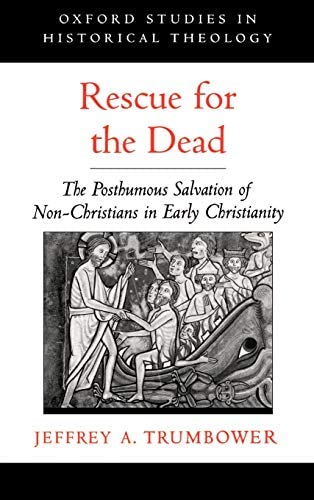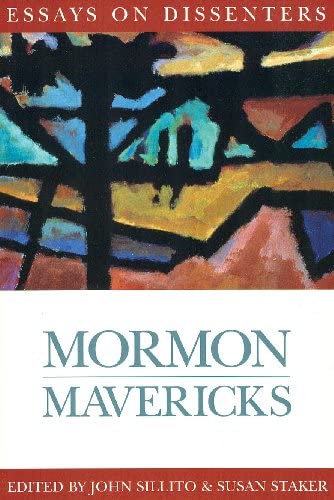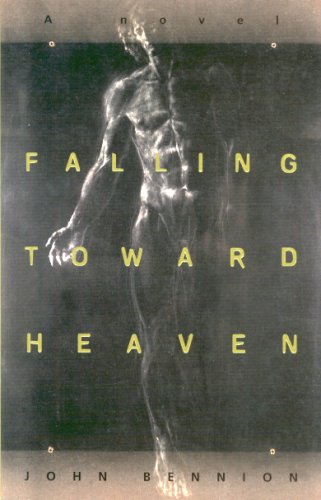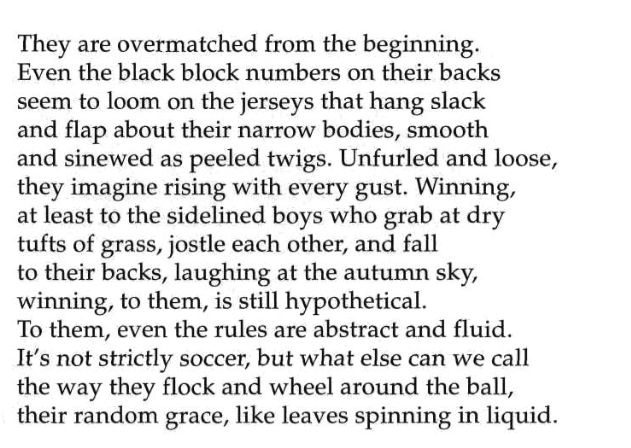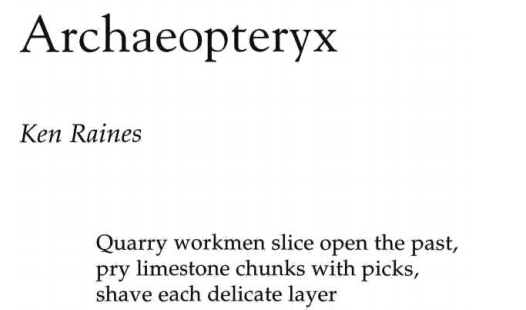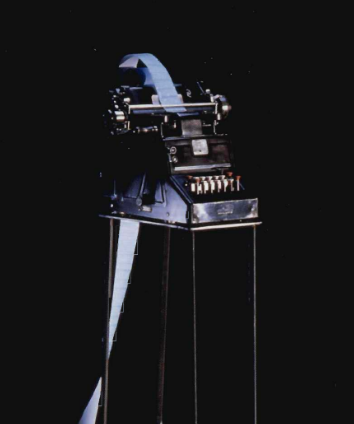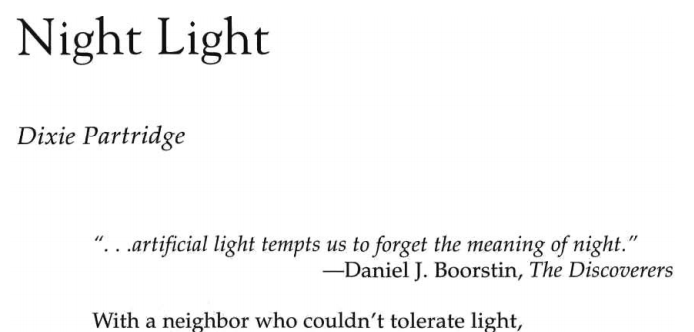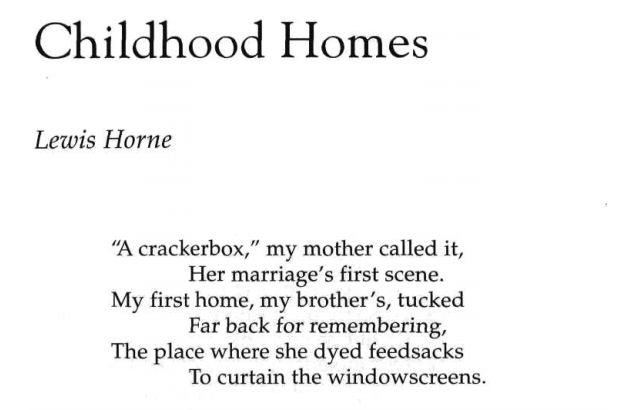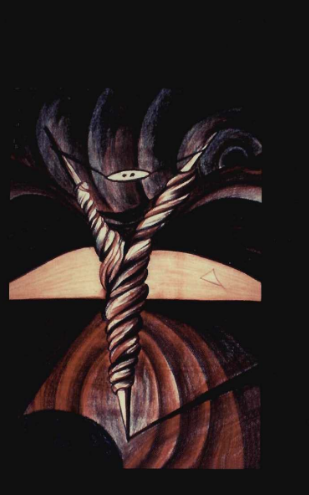No Other Way? | Jeffrey A. Trumbower, Rescue for the Dead: The Posthumous Salvation of Non-Christians in Early Christianity
March 27, 2018When Charles the Hammer conquered Friesland in 692 C.E., he generously offered baptism into the Christian religion to the defeated Frisian chief Radbod. Just as he was stepping into the font, Radbod hesitated, wondering aloud…


